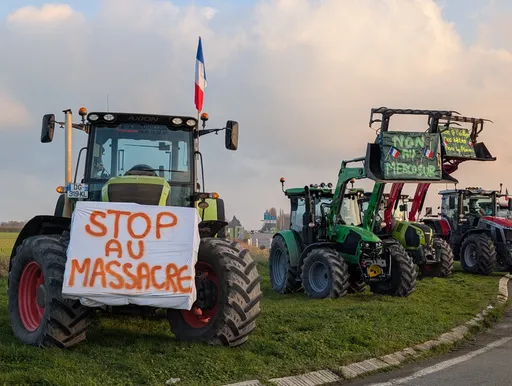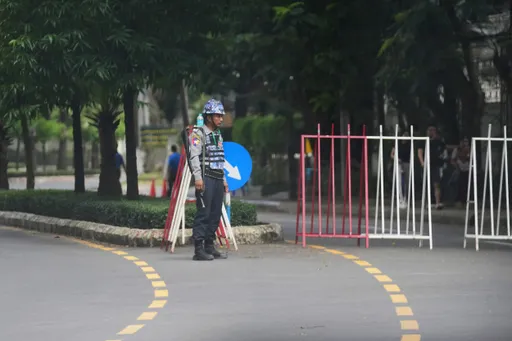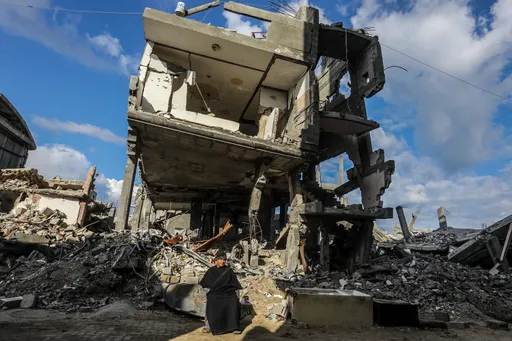India's federal pollution control board has ordered states and local bodies to be in "complete readiness" for emergency measures to tackle New Delhi's worsening smog conditions due to a drop in temperature and wind speeds.
According to the pollution board's "Graded Response Action Plan" announced late on Friday, air quality remaining "severe" for 48 hours must prompt states and local bodies to impose emergency measures.
Such measures include shutting down schools, imposing 'odd-even restrictions on private cars based on their number plates, and stopping all construction.
The board said the government and private offices should reduce the use of private transport by 30 percent and advised the city's residents to limit outdoor exposure.
"Meteorological conditions will be highly unfavourable for dispersion of pollutants till November 18, 2021 in view of low winds with calm conditions during the night," the board said.
Earlier this week, local authorities had ordered a shutdown of brick kilns, increased the frequency of mechanised cleaning and a crackdown on garbage burning and dust.
READ MORE: Indian farmers step up illegal fires as Delhi air crisis worsens
'Becoming a nightmare'
The concentration of poisonous PM2.5 particulate matter averaged 329 micrograms per cubic meter of air.
The government prescribes a "safe" PM2.5 reading at 60 micrograms per cubic meter of air for 24 hours.
PM2.5 is small enough to travel deep into the lungs, enter the bloodstream and can cause severe respiratory diseases, including lung cancer.
"This is becoming a nightmare," said Gufran Beig, founder project director of air quality and weather monitor SAFAR that falls under the Ministry of Earth Science.
"Fire counts are in the range of 3,000-5,000 and not declining," Beig told Reuters, referring to crop stubble fires in the regions around the capital.
India's efforts to reduce crop-waste burning, a major source of air pollution during winter, by spending billions of rupees over the past four years have done little to avert a sharp deterioration in air quality.
Delhi, often ranked the world's most polluted capital, faces extremely bad air in winter due to the crop stubble burning, emissions from transport, coal-fired plants outside the city and other industrial emissions, open garbage burning and dust.
READ MORE: Urban air pollution is higher than it's ever been?
























